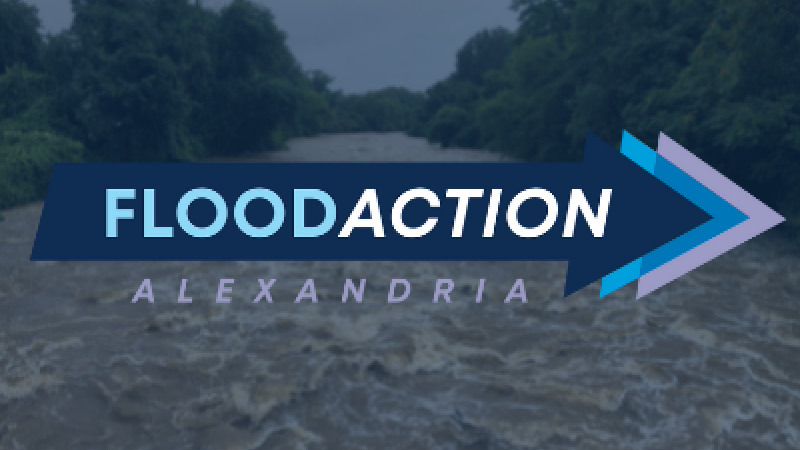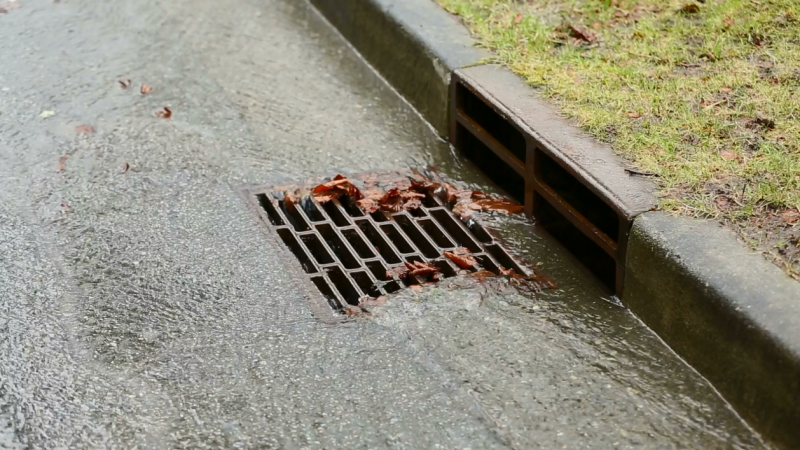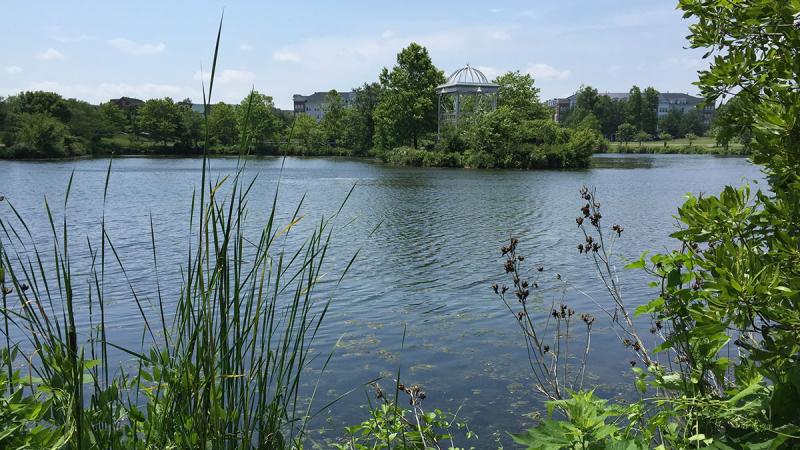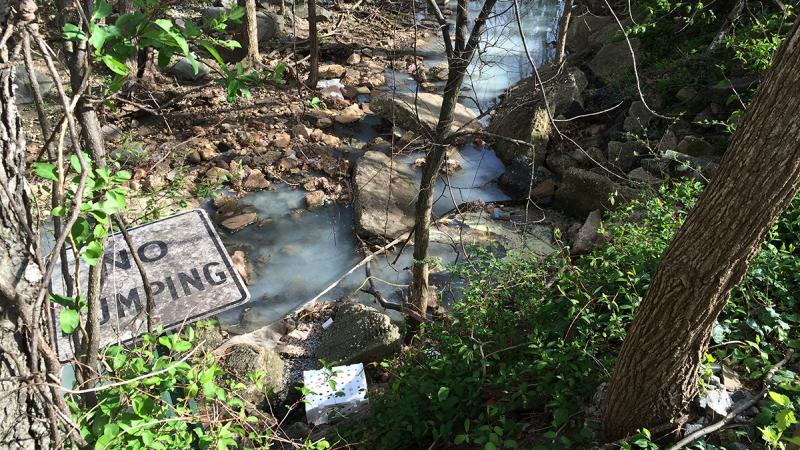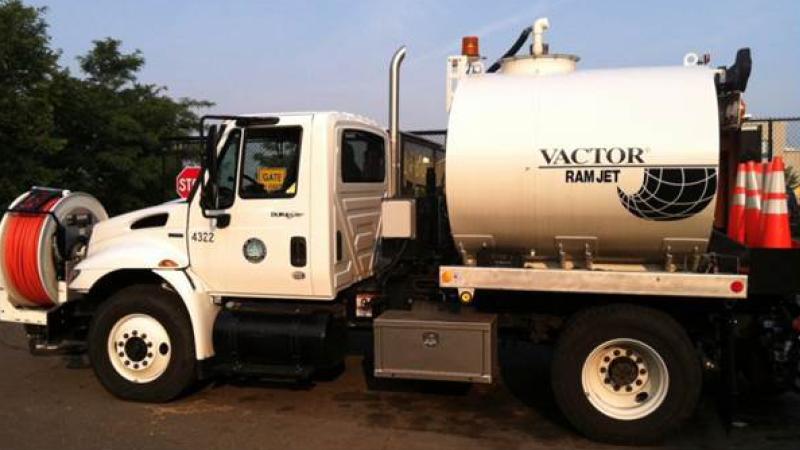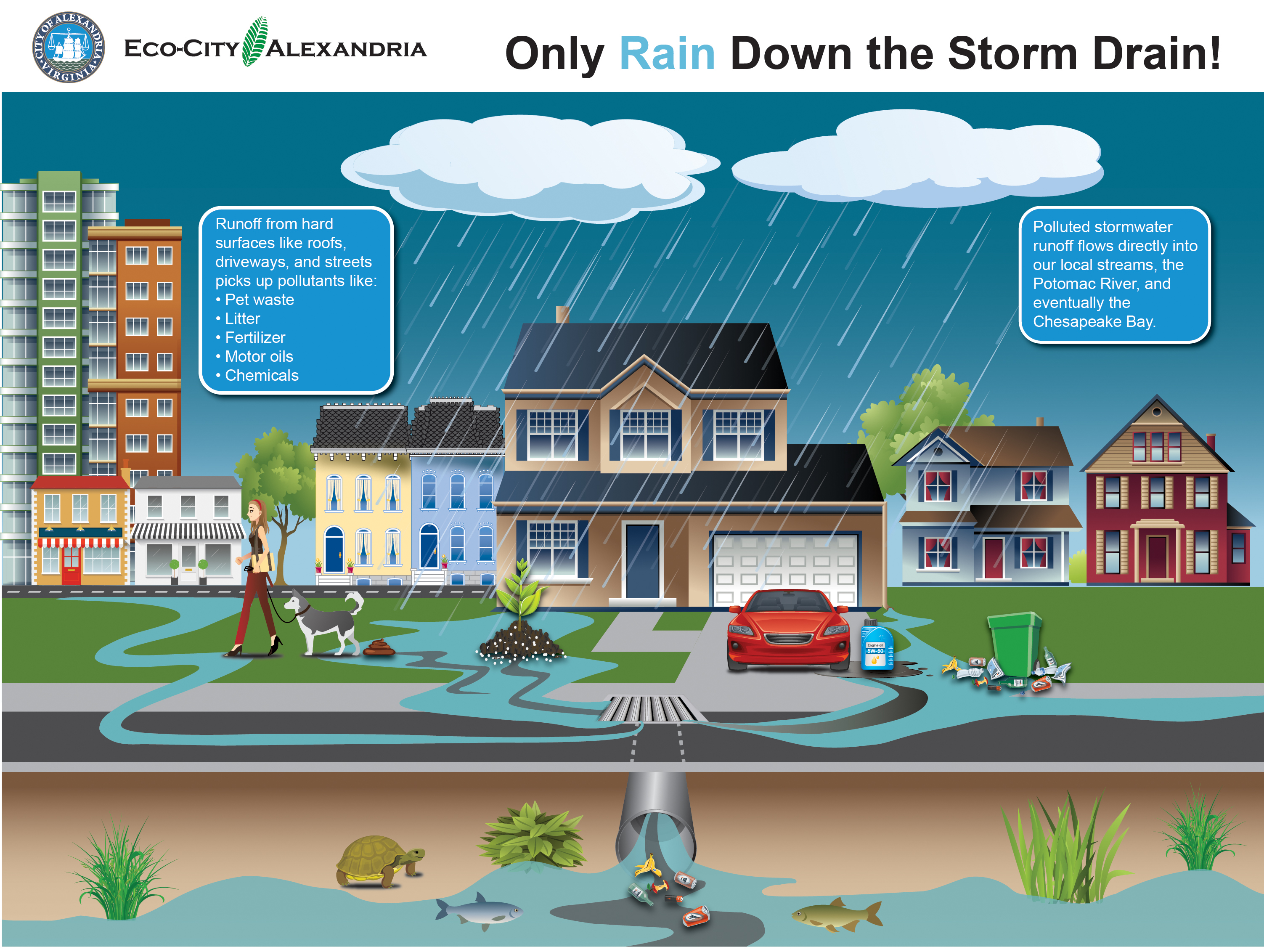
Stormwater Management
What is Stormwater?
Stormwater runoff occurs when rain or melting snow flows across land and impervious surfaces like roofs, driveways, parking lots, streets, and other hard surfaces. Because these impervious surfaces don't allow stormwater to soak into the ground, the runoff can cause flooding. As it flows across the ground, stormwater runoff may pick up pollutants like grease, oil, pet waste, fertilizer, metals, and other pollutants before entering the City's storm drain system. Stormwater is not treated, so the City's storm drains lead directly to local waterways, such as Taylor Run, Four Mile Run, Strawberry Run, Timber Branch, Hooffs Run, Holmes Run, Backlick Run, Cameron Run, and ultimately, the Potomac River and the Chesapeake Bay. Unless stormwater is first treated, the pollution picked up by the stormwater runoff enters our waterways. Stormwater pollution and flooding harms our environment, pets and wildlife, and can damage property.

